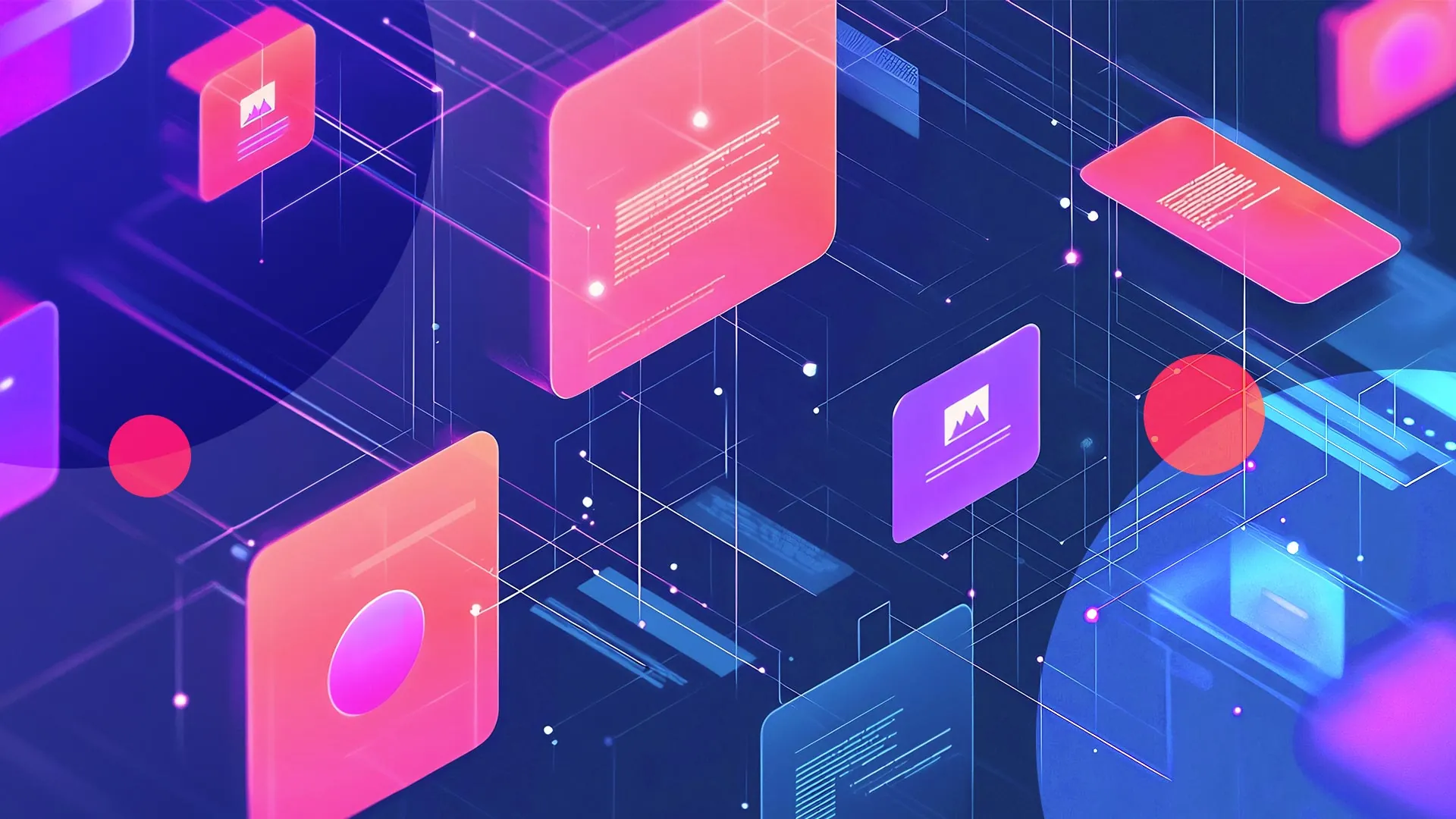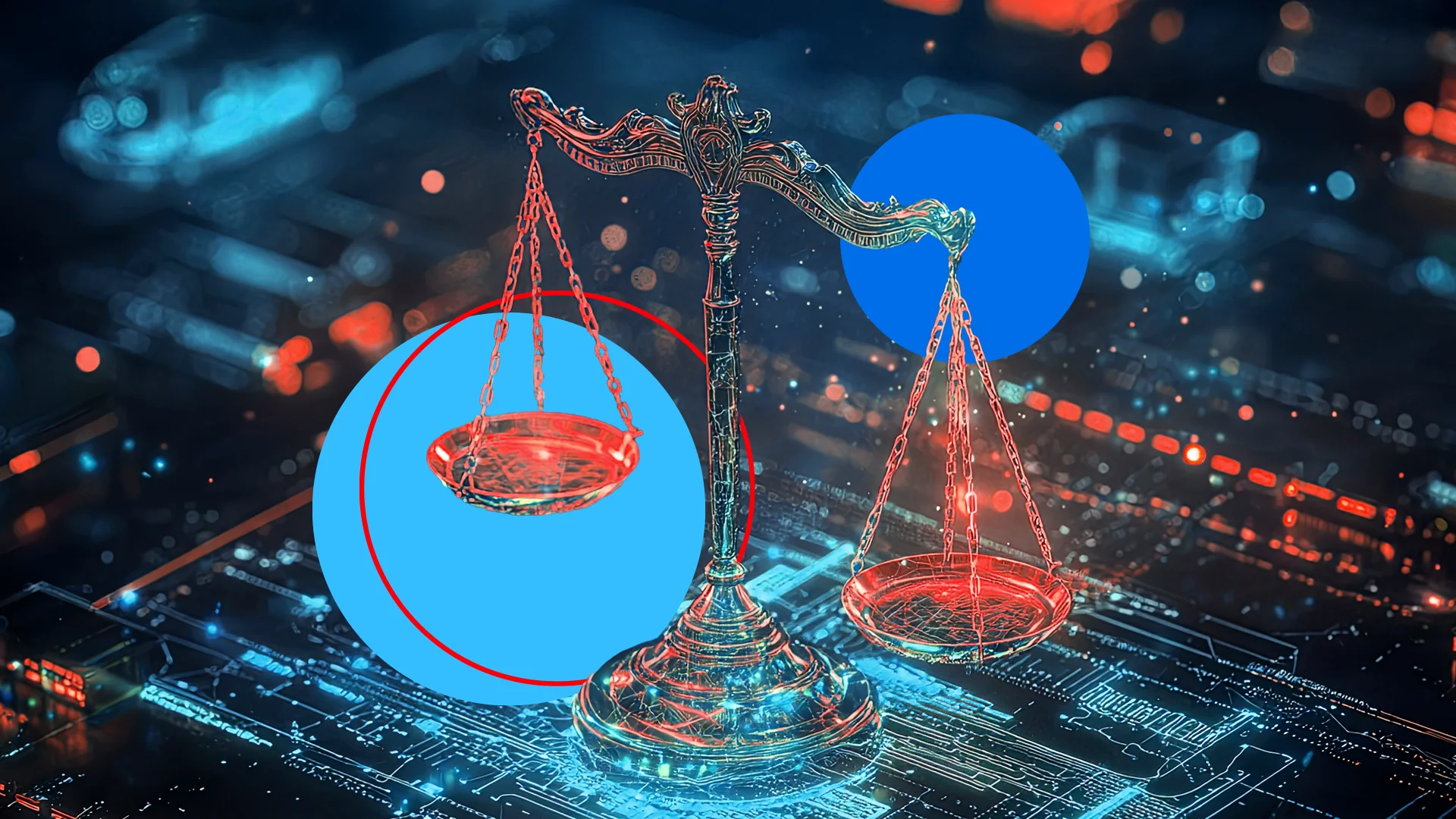
Government Operations
REI INSIGHTS
Explore Our Insights
Select the terms
- All
- Homepage
- Application Modernization
- Grants Management Systems
- Government Data Analytics
- SaaS
- Mission Optimization Services
- Cloud
- Customer Experience
- Low-Code
- Artificial Intelligence & Machine Learning
- Press Release
- Company Updates
- REI in the News
- Agile
- DevSecOps
- SBIR
- Agile Acquisition
- Acquisition
- Business Process Engineering
- Product
- GovGrants
- AI
- Machine Learning
- Homeland Security
- Financial
- Health
- Government Operations
- Science and Technology
- State
- Local
- And Nonprofit
- Robotic Process Automation
- automation
- Search
- cybersecurity
- mobile
- Technology Business Management
- TBM
- Case Management
- HRSA
- microservices
- case management systems
- Judicial
- Criminal
- awards
- FDA
- GSA
- Digital Transformation
- Government Efficiency
- FinOps
- Commercial Solutions
- Innovation Hub
- Defense





